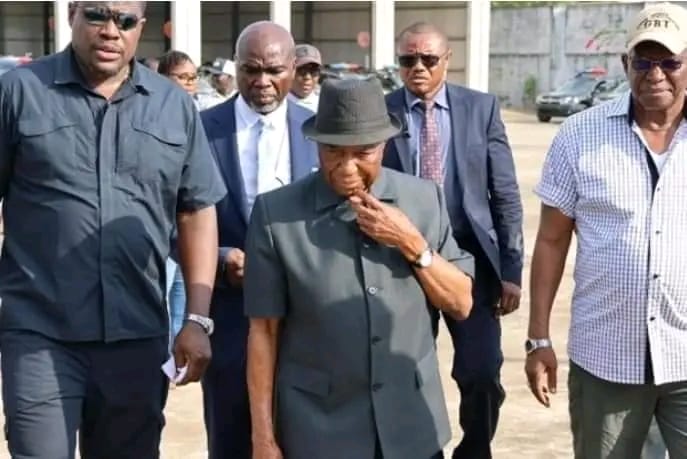In a pressing call for accountability, Liberia’s anti-corruption advocacy group, the Center for Transparency and Accountability in Liberia (CENTAL), has urged President Joseph Nyuma Boakai to take decisive action against 959 public officials for failing to declare their assets. This request comes shortly after a report from the Liberia Anti-Corruption Commission (LACC) revealed a disturbing statistic: only 26.5% of the public officials have complied with asset declaration requirements as mandated by the National Code of Conduct. This lack of compliance raises serious concerns about integrity and governance within the Liberian government, particularly given the substantial proportion of officials who have allegedly disregarded the law.
The LACC’s findings highlight a significant issue within the Executive branch, where out of 1,281 officials required to disclose their financial positions, only 322 have adhered to the requirements, indicating a compliance rate of just 25.1%. This leaves a staggering 959 officials in violation of the law. The issue is further exacerbated when examining legislative compliance; only 26 of 73 House Representatives and 12 of 30 Senators have declared their assets, suggesting a systemic failure that extends beyond the Executive branch. The public’s trust in elected representatives is jeopardized when such high rates of non-compliance are detected among those in positions of power.
These revelations have been met with calls from CENTAL’s Program Director, Atty. Gerald Yeakula, urging citizens of Liberia to advocate for stricter accountability measures for lawmakers and other public officials. Yeakula emphasizes the importance of transparency in governance, indicating that the citizens have a critical role in demanding compliance from those they have elected to serve. Furthermore, he has called upon the Chief Justice and the Legislature to enforce compliance among judiciary officials, as the LACC’s report shows a concerning lack of adherence with only 29 out of 333 required officials declaring their assets.
The figures are alarming across all branches of government. For instance, within the judiciary, only a nominal number—comprising seven judges out of 333—have submitted their declarations. This pattern of non-compliance demonstrates not merely negligence but a flagrant disregard for the laws meant to ensure transparency in public service. CENTAL’s response is both a call to arms for civil society and a pointed accusation towards the government to uphold the rule of law as a pillar of democracy.
In light of these findings, CENTAL’s call for immediate suspension of non-compliant officials represents a vital step towards combating corruption and ensuring accountability among public servants. Yeakula further pressed for the legislative body to consider implementing tougher sanctions, such as impeachment, against non-compliant judicial officials. This perspective highlights a broader recognition of the necessity for structural changes within Liberia’s political landscape, which currently appears plagued by a crisis of accountability.
The gravity of these developments cannot be overstated. They reflect a deeply rooted culture of impunity that undermines governance in Liberia. The lack of compliance with asset declarations not only violates the law but also diminishes the potential for effective oversight and public trust in government institutions. As Liberia grapples with these challenges, the call for immediate action and reform echoes louder, underscoring a critical moment for the country to redirect its path towards greater transparency, accountability, and ethical governance.














